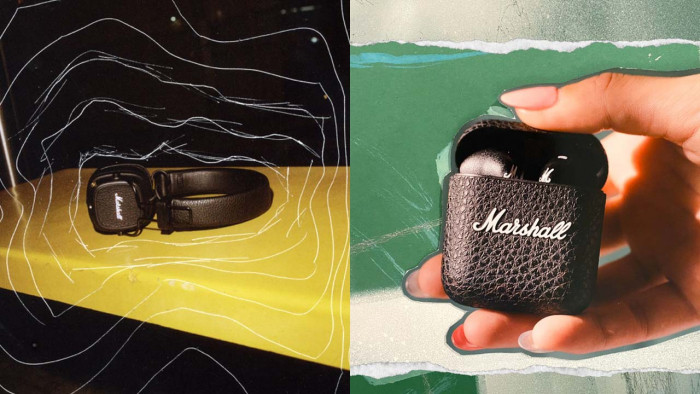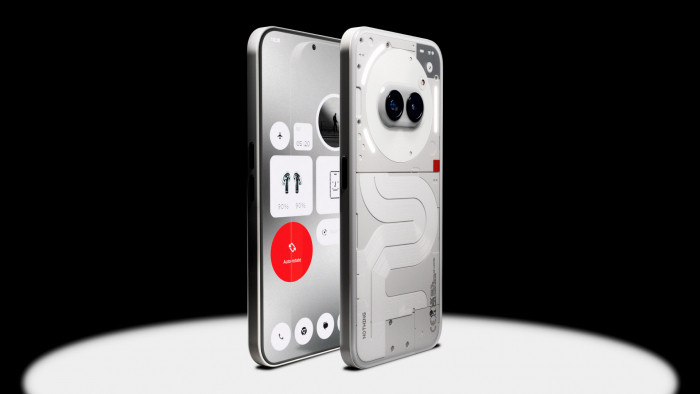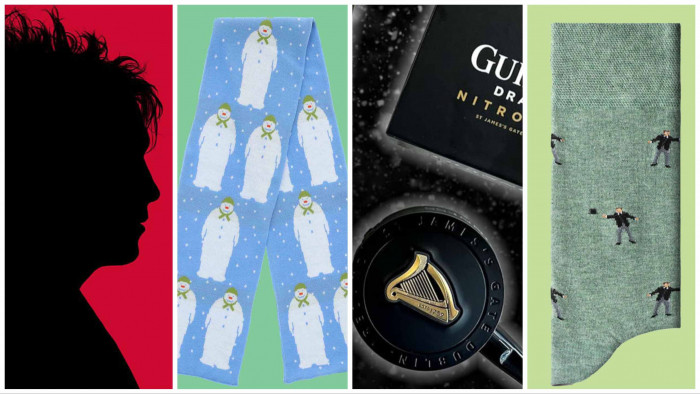Creepy NASA study shows astronaut who spent a year in space came home with different DNA
Is this good? This doesn't seem good...


You can change your haircut, your build, even your facial features if you feel like it, but your DNA is the one thing that will always stay constant.
Or so we thought.
An astronaut has spent a year in space and returned with materially different DNA.
How do we know? He has an identical twin, and the data suggests they’re “no longer genetically the same”.

Astronaut Scott Kelly, who retired from NASA in 2016, is the subject of a study comparing his DNA with that of his identical twin (and fellow astronaut) Mark.
It relates to a year-long stint when Scott was on the International Space Station and Mark remained on earth.
Citing preliminary results from NASA’s twins study, CNN notes that there is now a 7% change between the brothers.
“Although 93% of Scott’s genetic expression returned to normal once he returned to Earth, a subset of several hundred “space genes” remained disrupted,” the publication explains.
‘Some of these mutations, found only after spaceflight, are thought to be caused by the stresses of space travel.”

“After returning to Earth, Scott started the process of readapting to Earth’s gravity. Most of the biological changes he experienced in space quickly returned to nearly his preflight status. Some changes returned to baseline within hours or days of landing, while a few persisted after six months,” NASA notes.
The most recent update from the space agency, released earlier this year, corroborated preliminary findings from 2017’s ‘Act 1’ of its Twins Study. More detailed findings are expected later in 2018.
Maybe this will make people think twice about joining the Space Force and fighting in space wars. If the science behind sex in space wasn’t already a deterrent, that is.
(Images: NASA/Getty)








